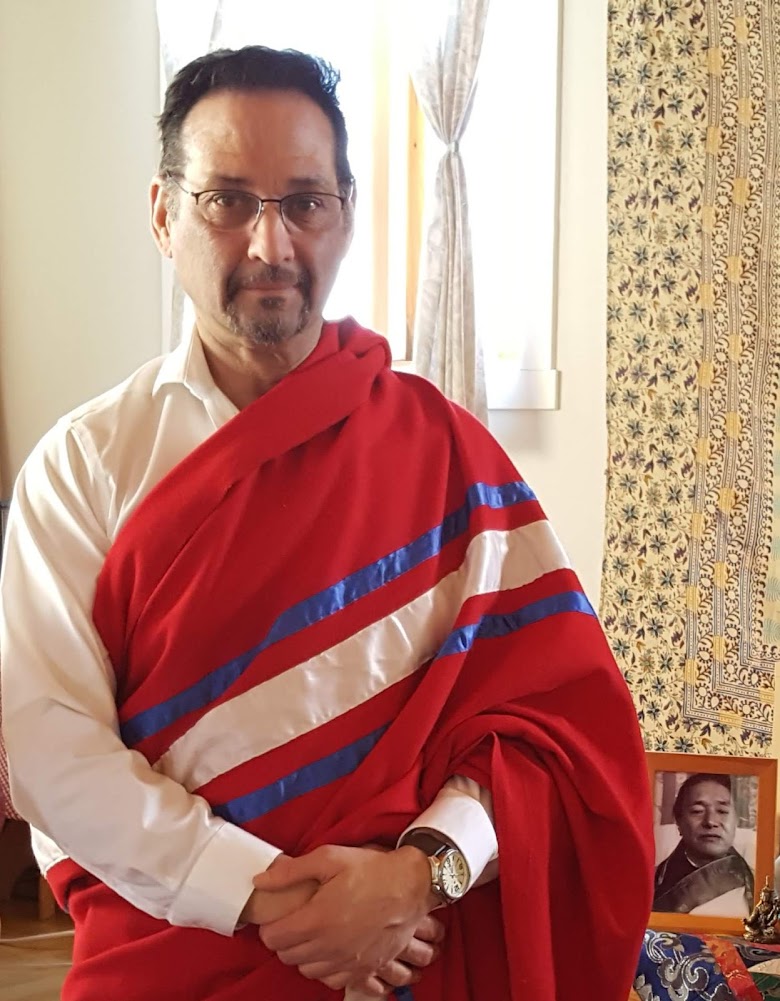
The starting point for me on this path called “engaged Buddhism” came from questions I asked growing up, watching the Vietnam War play out on our TV screen every night: what does it mean to be a Buddhist when someone bombs your neighborhood? When they rape your mothers and sisters? When they murder your old people? When they burn your crops, your houses, and whole villages down in order to “save them”? When they invade your country on the pretext of “democracy” and instead end up supporting those who do those things to you?
Later, I realized that questions also need to be asked from a closer-to-home perspective: what does it mean to be a Buddhist when your tax dollars support those things? What does it mean to be a Buddhist when your society turns a blind eye to its own murderous policies? What does it mean to be a Buddhist when your Black friends are treated as lesser human beings? Questions like these disturbed me as well.
Buddhism spoke eloquently to me about the many types of suffering to which we are all subject, including the “suffering of suffering.” This was all well and good, but I also wanted to see how these teachings could stop war, alleviate the ordinary suffering of poverty or discrimination, and help to make communities more peaceful and loving but also less prejudiced, more welcoming, and more equal. I make no apologies for the tensions that propelled me into an activism that called out injustice, that was always against war, and that remains steadfastly leftist in orientation. This is me. But as I continued on my own journey, I found ways to unify these two strands of my life and I found that the practice of meditation—and the teaching of it—could assist me in assisting others to at least reach that place where they might confront their own prejudices and patterns, which implicitly, off the cushion, might be helping to continue those problematic outer manifestations of human suffering. To heal this broken world. To think about how we all participate in it and therefore we all must tackle not only the outer manifestations but also the root causes. These root causes lie within us.
My encounter with Thich Nhat Hanh and the name he put on these tensions, “engaged Buddhism,” led me to seek out like-minded folks who also wrestled with these dilemmas. I went to the Naropa Institute (now Naropa University) because they offered an MA program in this very field. I realized that my work with Native communities, refugees from Central America, homeless shelters, anti-nuclear efforts, environmentalism, and finally, hospital chaplaincy, could all be ways of healing our world. And I became convinced that any Buddhism divorced from these issues was not a Buddhism for me.
One transformative moment for me was a meeting a Thai Buddhist monk who was formerly a famed judge who had helped rid his community of drugs and violence. I asked him why he became a monk when he had been so effective in helping end such serious problems in the world around him. “Because I realized that the problem of the world is me,” he replied.
As a psychologist and educator, I have spent the better part of 50 years working to unite these two trends: the inner depth of analysis and transformation that Buddhist practices cultivate, and the outer efforts to heal the world of its pains that have real names and serious practical consequences all around me. I have not been “successful,” if success is measured by certainty. I still doubt. Doubt that I can make a difference. Doubt that I should even continue to try when a quieter, more contemplative life beckons at this age. But my wrestling with these problems is my life, I realize, and I will always continue this back-and-forth movement. Like the in- and the out-breath, I will move outward when I see that which I can positively affect and move inward when I realize that I am unmoored, needing to find an honest balance, a center which sustains me in the struggle.

Image courtesy of the author
I guess that monk was right; the problem of the world is me, and working on that problem, the inner as well as the outer struggles, is my foremost task. Healing the pains of moving too far in any one direction: isolation and focus on self, versus absorption in the outer manifestations of suffering, is the deep task that I have assigned myself.
So where does this fit with meditation?
As I have come to see it, the practice of meditation can be the starting point of engaging with—and healing—the world. By sharing these practices, I find that while many come away with some enthusiasm for Buddhism, others are simply moved to question, to see more deeply who they are and to move away from tight-fisted notions of self and other. They seem a bit more pliable, a bit freer, a bit more open.
That openness is, I think, the place where our world begins to heal.
It is certainly not enough: we still need to address our greed, which kills off whole species and risks killing our collective humanity. We still need to work on those impulses that rush to war or warlike intent. We still need to alleviate the disgraceful poverty that exists and the absurd notions that one human is worth more than another.
But if we can open ourselves to seeing differently and raise the courage to stay there, to sit with the pain and open up to the vastness of the infinite possibilities that we all possess, we begin to change the first problem of the world.
Ourselves.




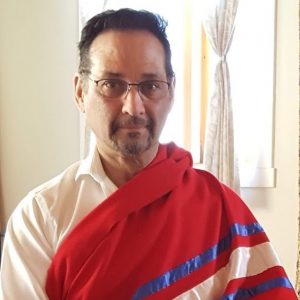


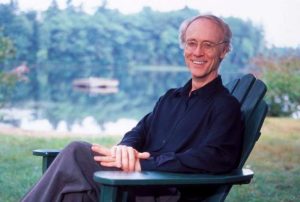




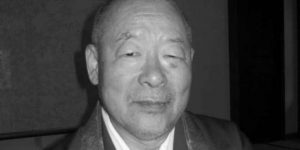

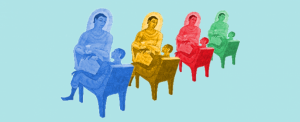
Dear Jose,
I was very touched by your sincerity and honesty as well as your commitment to social justice and peace within a Buddhist framework. I would love to be in contact with you. My email address is: [email protected].
In the friendship of the Dharma,
Brian Daizen Victoria
Senior Non-resident Research Fellow
Oxford Centre for Buddhist Studies
Hello Brian,
My deepest apologies for this late response: I am a rare visitor these days to Buddhistdoor Global and so only the other day saw this note and now have some time to respond. If you see this anytime soon please know I will message you via your email but know that I am touched by your response, as others have responded in similar ways, many asking, what can I do? I don´t have a ready-made answer for that one. Except may to say, “wrestle with this – but still go out there and help”.
I look forward to our speaking.
Best,
José
(´ö-Zér Jamgön Dorje)